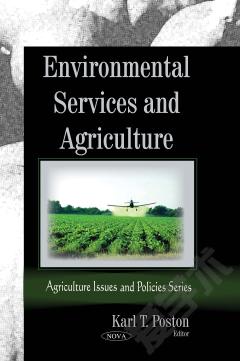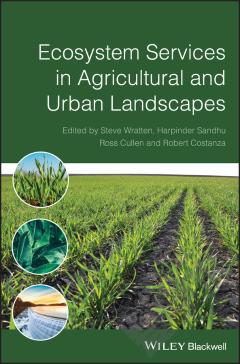Environmental Services and Agriculture
U.S. farmers and ranchers produce a wide variety of commodities for food, fuel and fiber in response to market signals. Farms also contain significant amounts of natural resources that can provide a host of environmental services, including cleaner air and water, flood control, and improved wildlife habitat. Environmental services are often valued by society, but because they are a public good — that is, people can obtain them without paying for them, farmers and ranchers may not benefit financially from producing them. As a result, farmers and ranchers under-provide these services. This book explores the use of market mechanisms, such as emissions trading and eco-labels, to increase private investment in environmental stewardship. Such investments could complement or even replace public investments in traditional conservation programs. This book also defines roles for government in the creation and function of markets for environmental services.
{{comment.content}}








 京公网安备 11010802027623号
京公网安备 11010802027623号